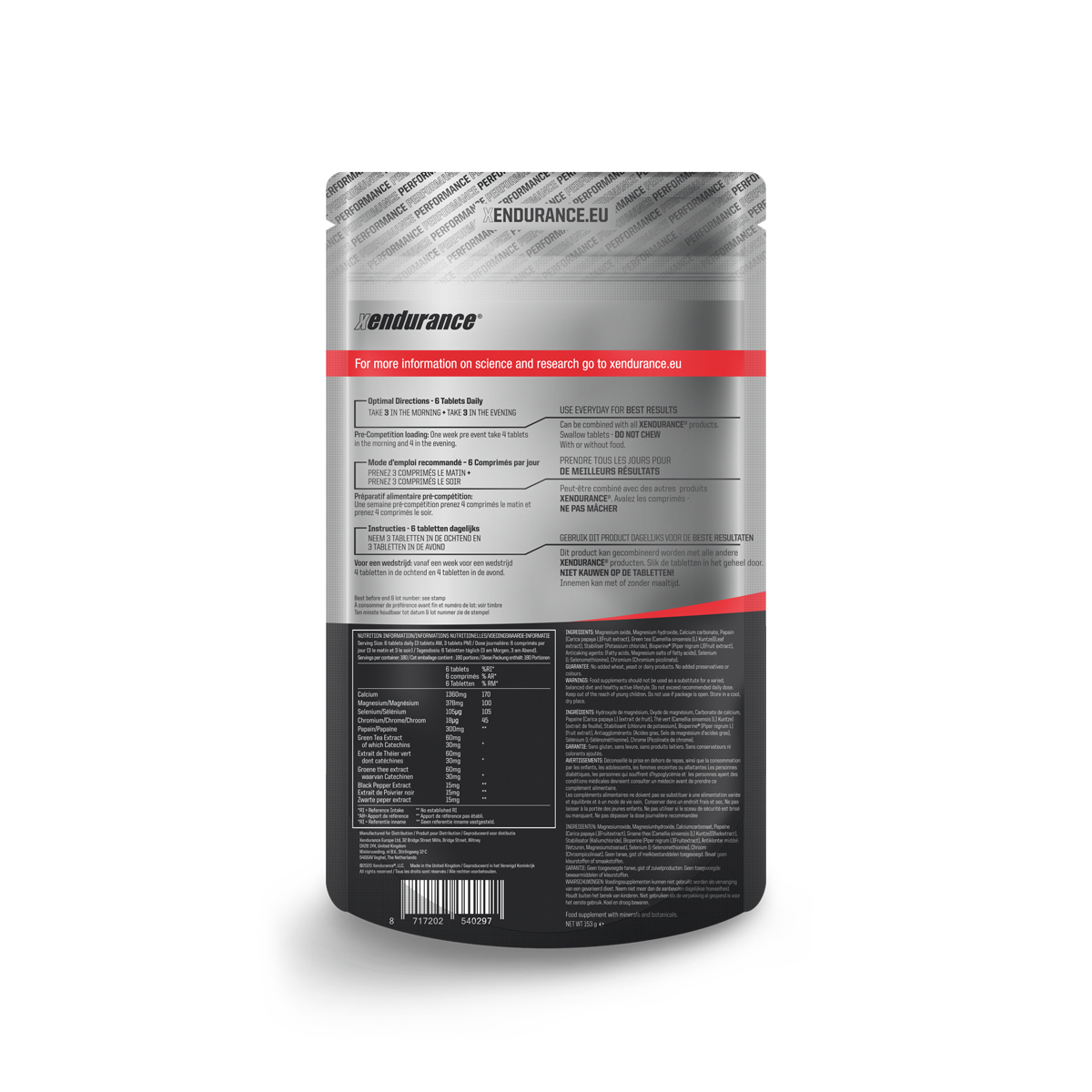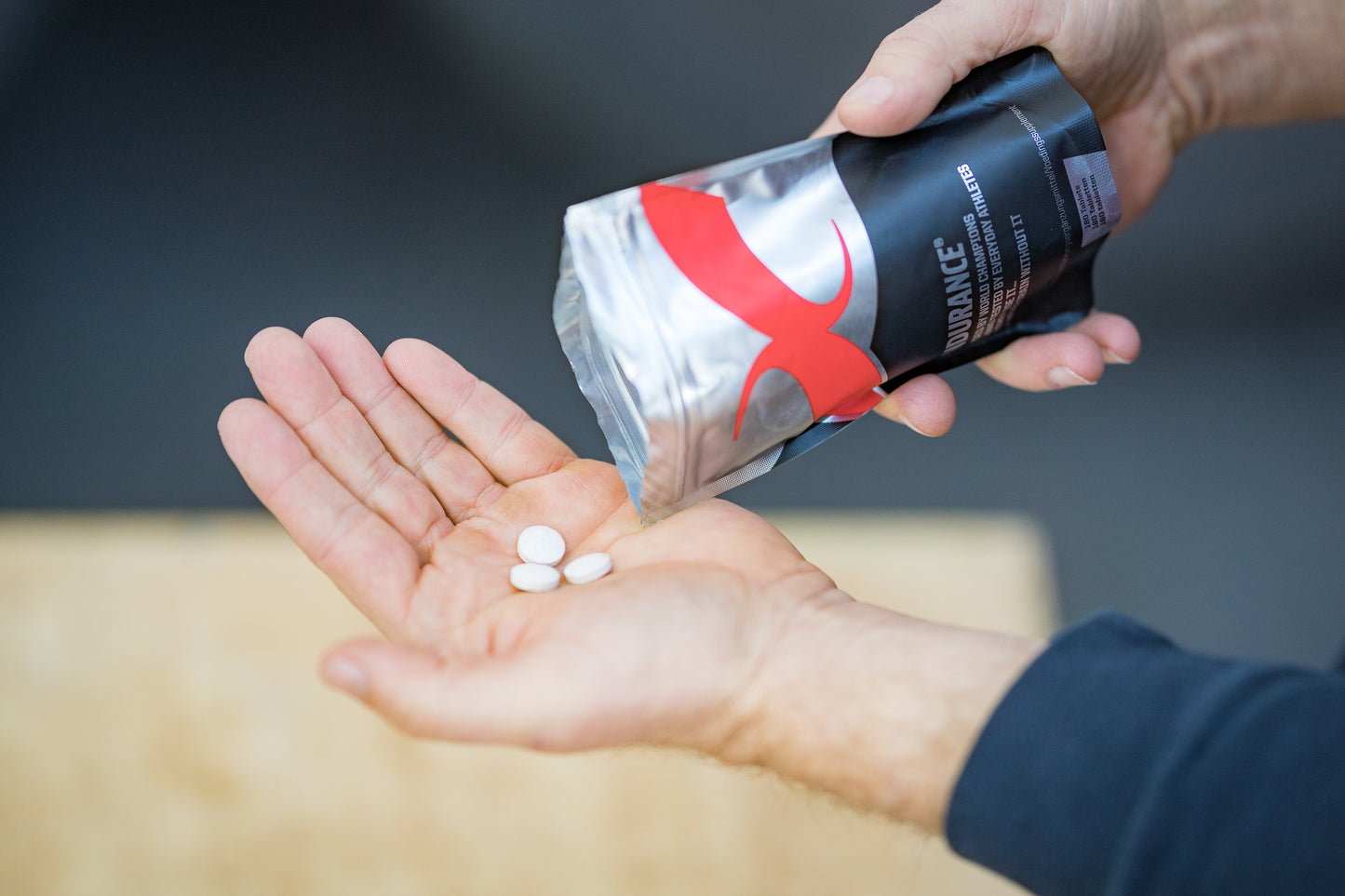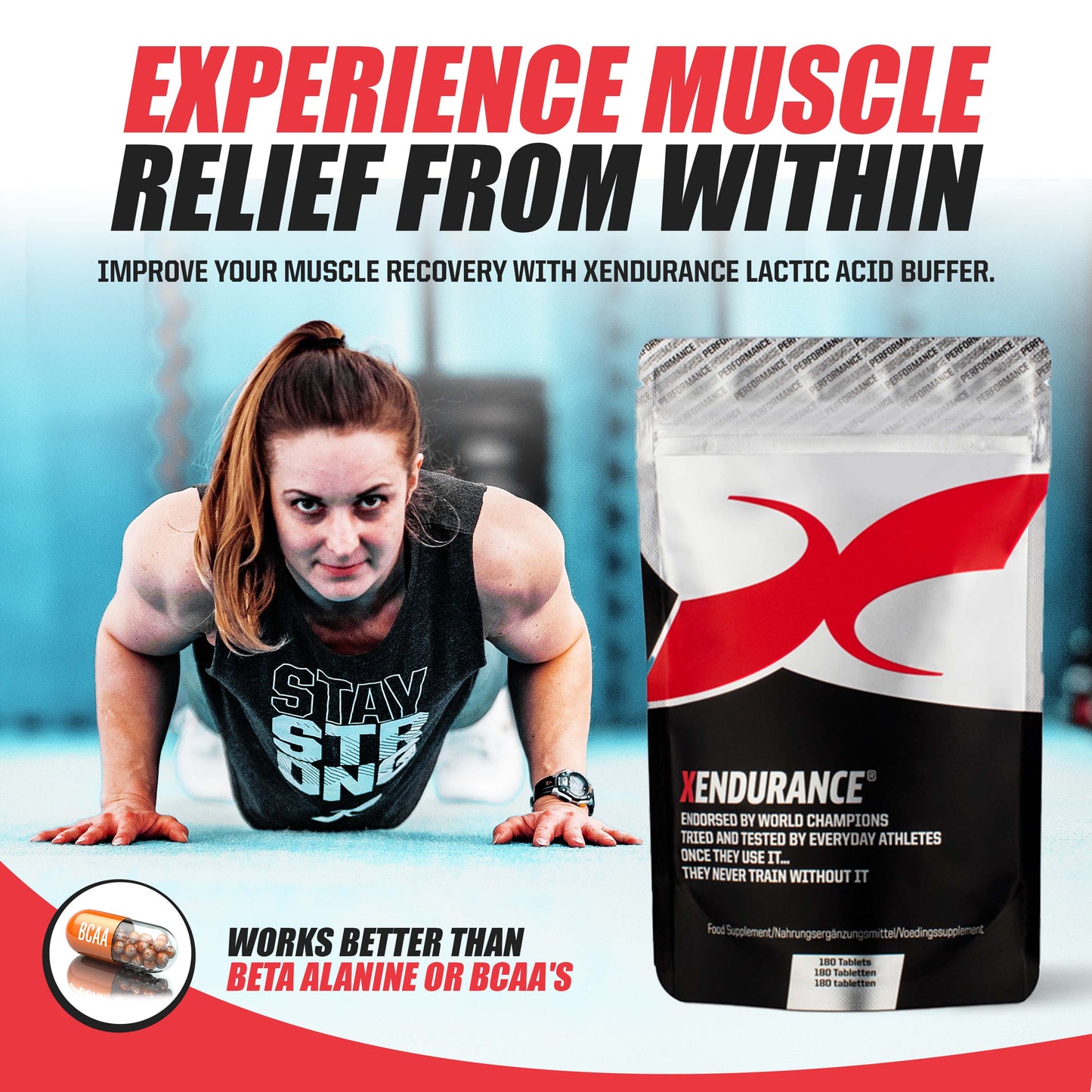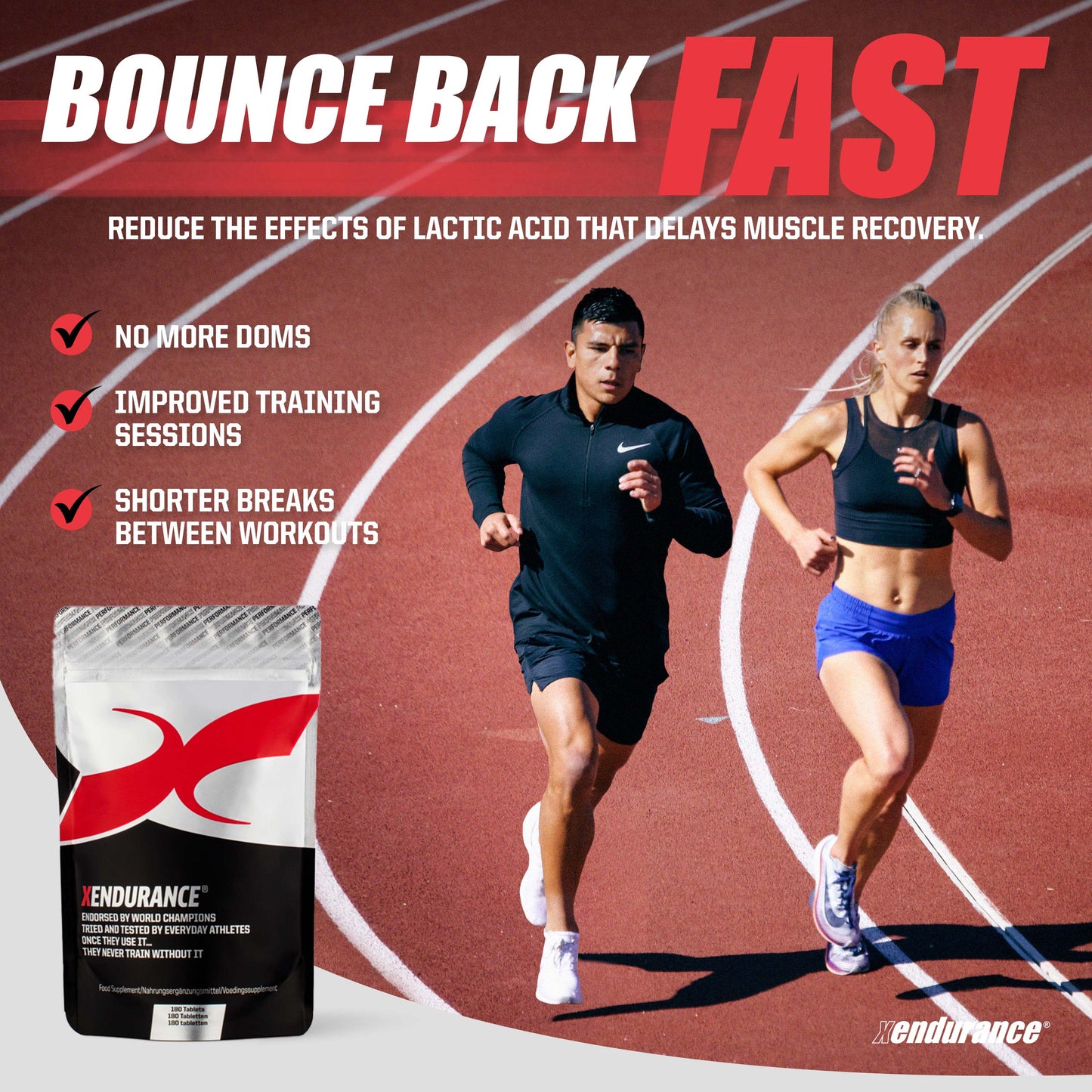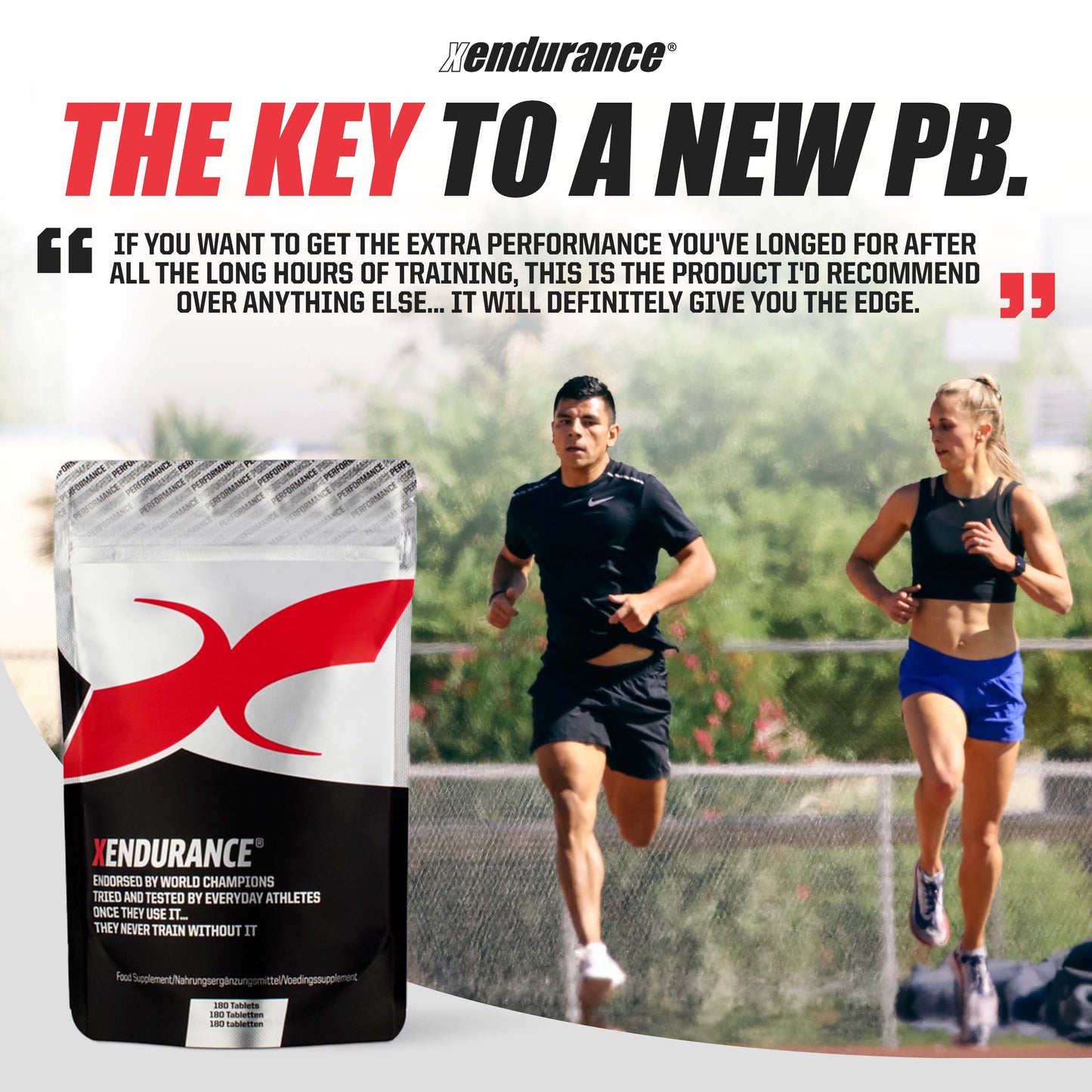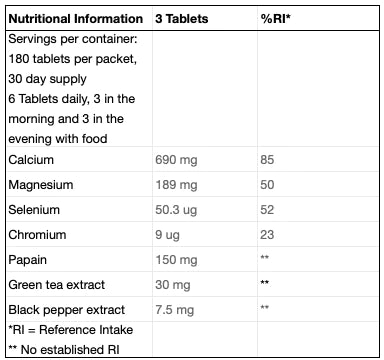Share
Although endurance athletes such as runners, cyclists and triathletes do not need to meet certain pre-defined weight categories in order to compete, it’s widely accepted that lighter is better in terms of performance.
Weight for swim, bike, run…
Excess weight is certainly of detriment when we consider both running and uphill cycling:
- Each extra pound of bodyweight results in a reduced running pace of 2 seconds per mile.
- When cycling uphill each extra pound takes an additional 2 watts to power it. Note that aerodynamics play a much bigger role than weight when cycling on the flat and at faster speeds.
- Swimming fares much better as far as weight is concerned due to the fact that over 90% is displaced by the water (a 100kg man will weight in the region of 7-10kg when submerged in the swimming pool).
Weight, BMI, bodyfat…
- Body-weight is often not the best metric when taken in isolation as it will quite naturally be higher in taller individuals. And it gives no indication of lean mass (muscle tissue) and bodyfat and is also prone to daily fluctuation as a result of water loss (and gain).
- Body mass index (BMI) is a better metric. This relates your height to your weight and is especially useful for, so called, big population data. For individual purposes and in some athletic populations it, also, is not ideal.
- Body fat percentage can be measured by skin calipers or machines measuring electrical impedance properties. This would allow identification of fat loss, which is obviously favourable.
What do the top performers weigh?
Competitive male triathletes are said to weigh between 2.1 and 2.3 pounds (or approximately 1kg) per inch of height and competitive females 0.8-2.0 pounds per inch. This likely means that the men have 10% body fat or less and the females 10-15%.
Can you become too light or lean?
Theoretically, the answer is no but practically the answer most certainly is YES. If you could maintain your physiological characteristics like muscular strength and VO2 max yet only weigh 10kg then you would perform better than you do now. However, at some point it’s inevitable that some of the weight loss will come from lean, muscle tissue and not from fat stores and that is when performance will suffer. It is worth mentioning here that a certain amount of fat is necessary to maintain optimal health and sacrificing it for performance gain can lead to illness or injury.
So what is optimal?
Unfortunately there is no accurate way to know other than through the combination of functional tests (races in many cases) alongside the analysis of weight and body fat. By manipulating training and dietary factors an athlete may be able to find (and possibly) feel point at which their weight and body fat are low but not impeding their ability to train, race or indeed recover.
By Phil Ellison, Senior Coach at Total Tri Training, you can reach Phil by clicking here Or on Instagram @phil.ellison





